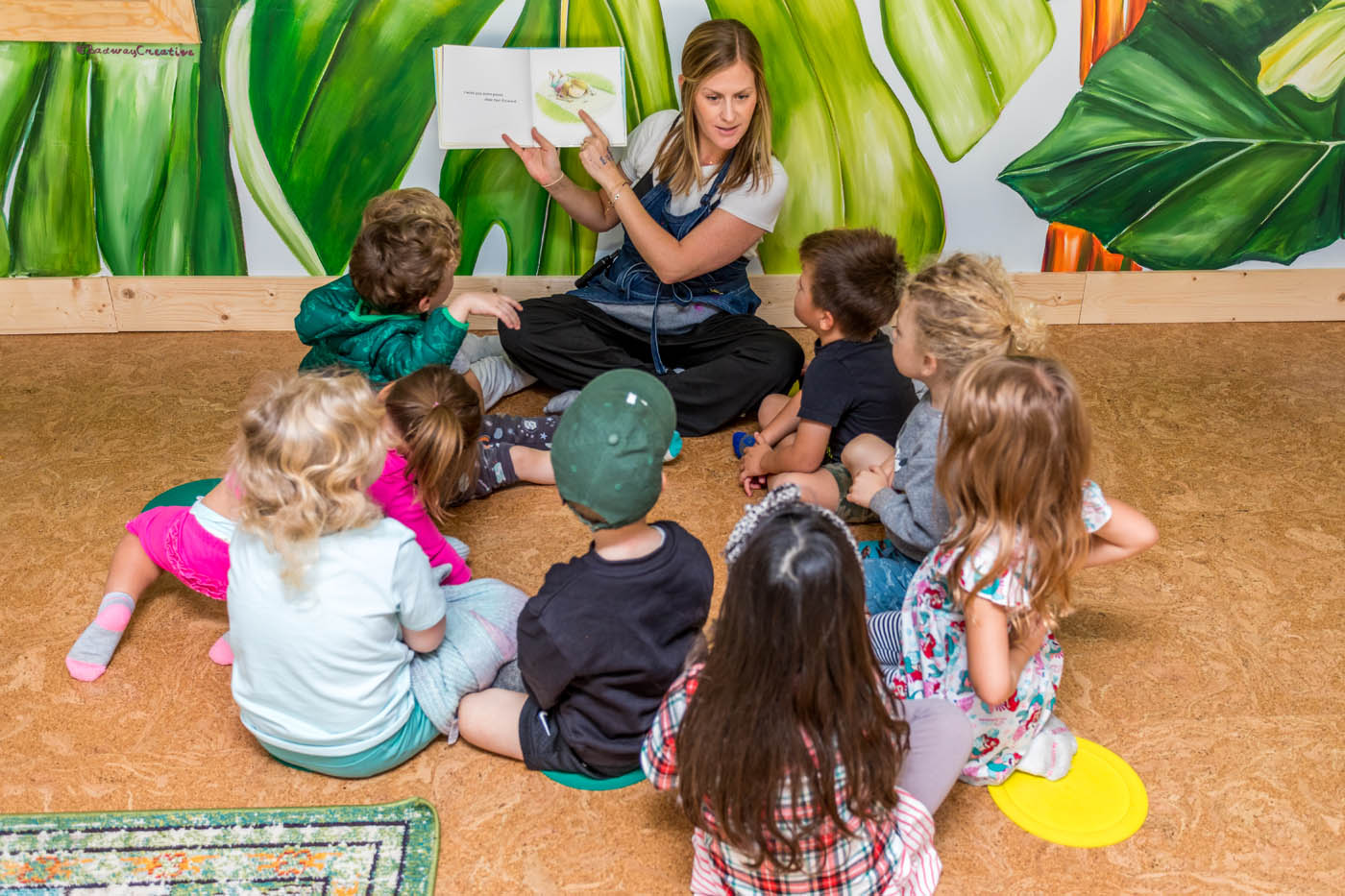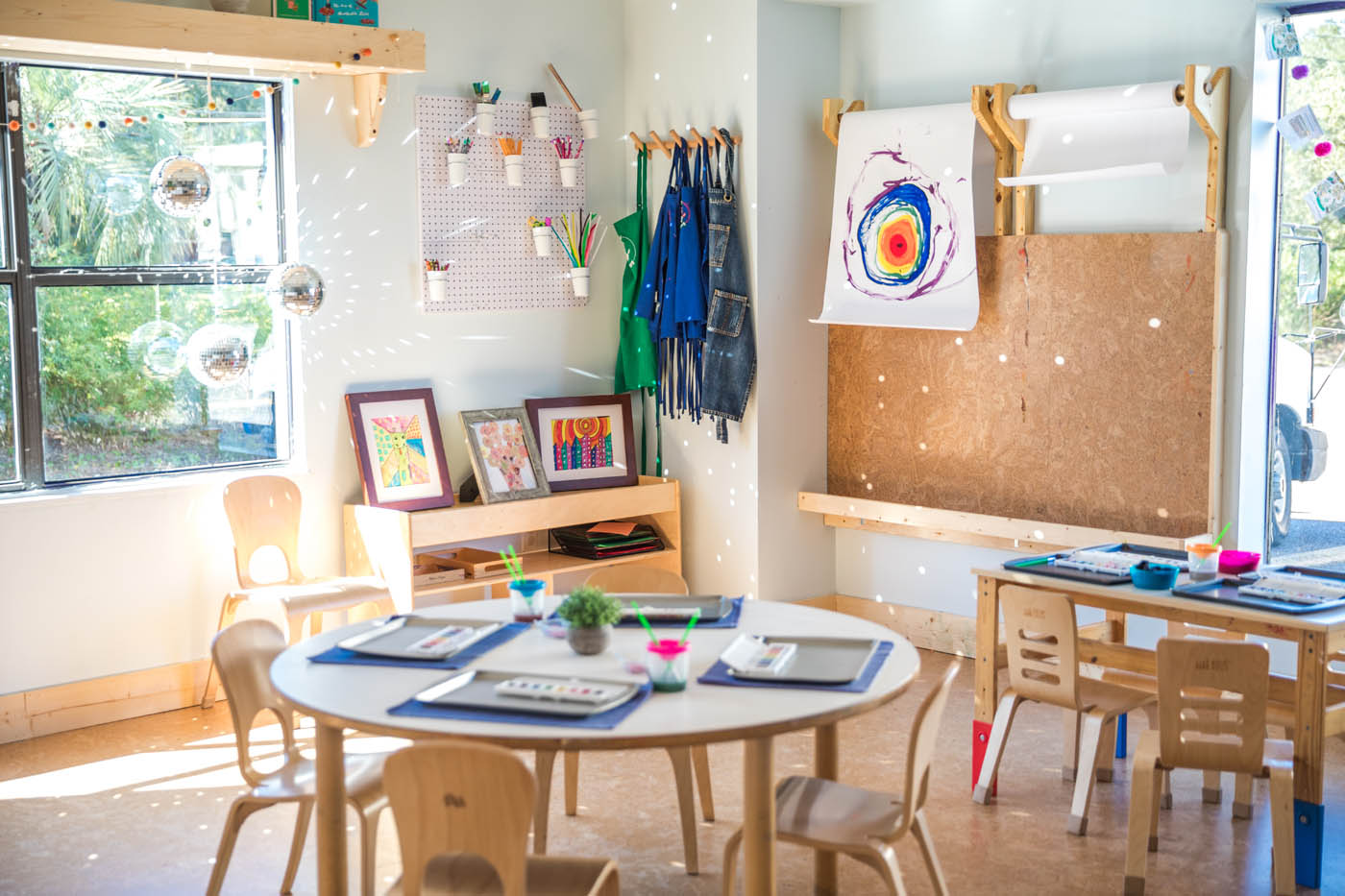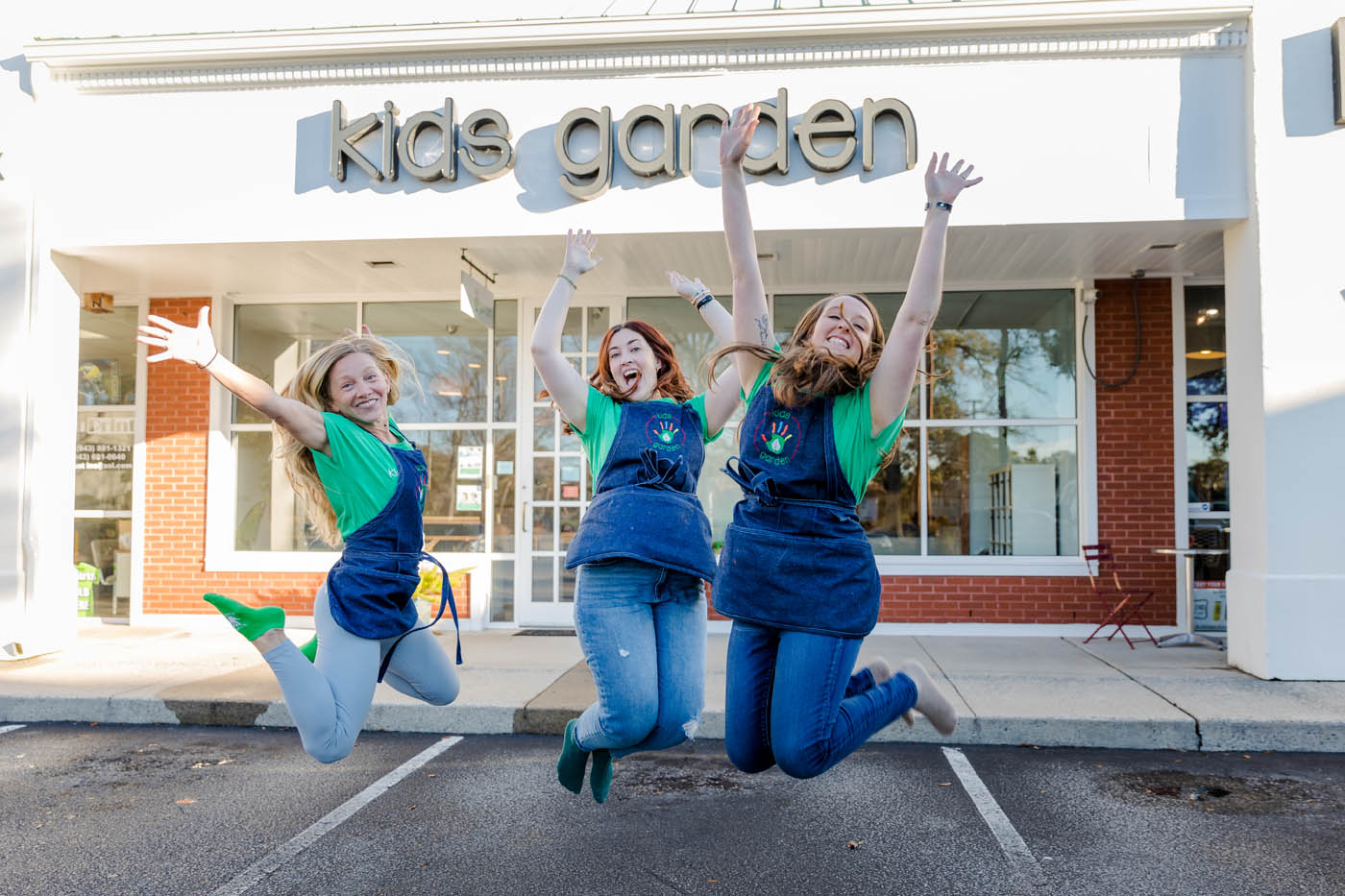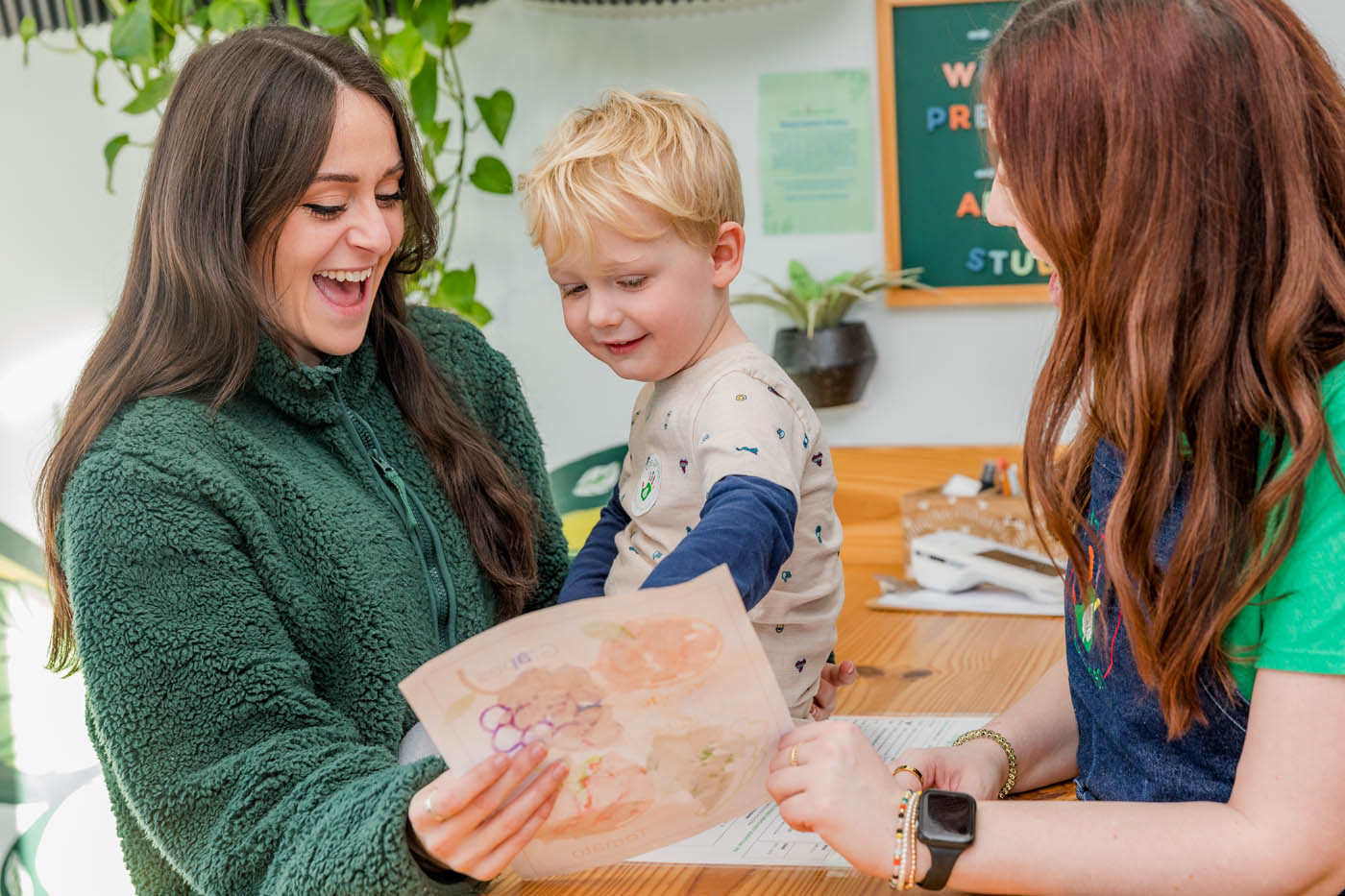Apr 22nd, 2024 The Importance of Outdoor Play in Asheville, NC
Explore the benefits of physical and emotional growth through outdoor activities, supported by expert insights and research. Discover why playing outside is crucial for healthy childhood development.
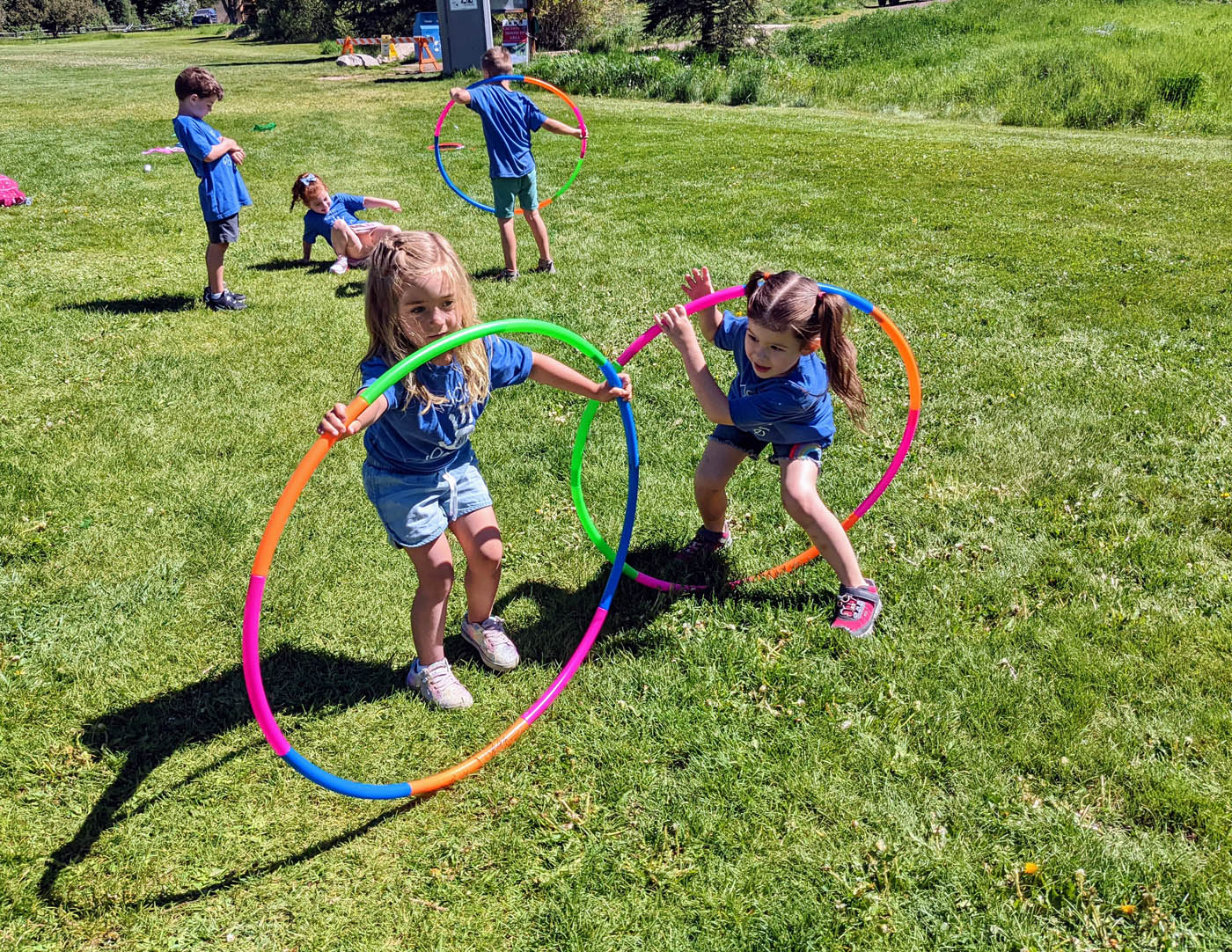
The Lasting Magic of Outdoor Play
Some of the most magical childhood memories come from the simple act of being outside in nature. Jumping in piles of leaves, building snowmen, picking flowers, and splashing in creeks are the simplest things but those moments stick with us. As it turns out, being outside isn’t just fun, it's critical for children. Outdoor play is essential for developing children and provides many benefits including better social skills, better physical and mental health, and increased intellectual and emotional development.
Despite this, kids are playing outside regularly less now than ever. According to Child Psychologist Helen Dodd, only 27% of kids play outside as compared to 80% of kids who played outside from the baby boomer generation. This shows a deep decline in outdoor play in just a few generations.
Outdoor Play and Social-Emotional Health
Kids who play outside develop more advanced motor skills and have improved muscle strength as compared to kids who live more sedentary lifestyles. Kids who play outside also get regular exposure to Vitamin D, the vitamin that’s essential for strong bones and healthy teeth in developing children (move over, milk!). Outdoor play also boosts immune function and contributes to better balance, agility, and coordination in children. Sunshine also helps improve mood, and kids who play outside regularly tend to have better mental health than kids who tend to stay inside.
Outdoor play is better for more than just growing bodies! Outdoor play offers social benefits for children, too. They communicate more easily with peers as they engage them in play. Studies also show that kids who play outside, and therefore experience more peer-to-peer play are more likely to be self-aware and aware of other people’s feelings and therefore less likely to be bullies when they are older. Playing outdoor games means kids are more likely to work together and engage in teamwork. Children who play outside are more likely to develop observational and reasoning skills while developing genuine friendships and interpersonal skills. Additionally, children who play outside are more likely to have better emotional development.
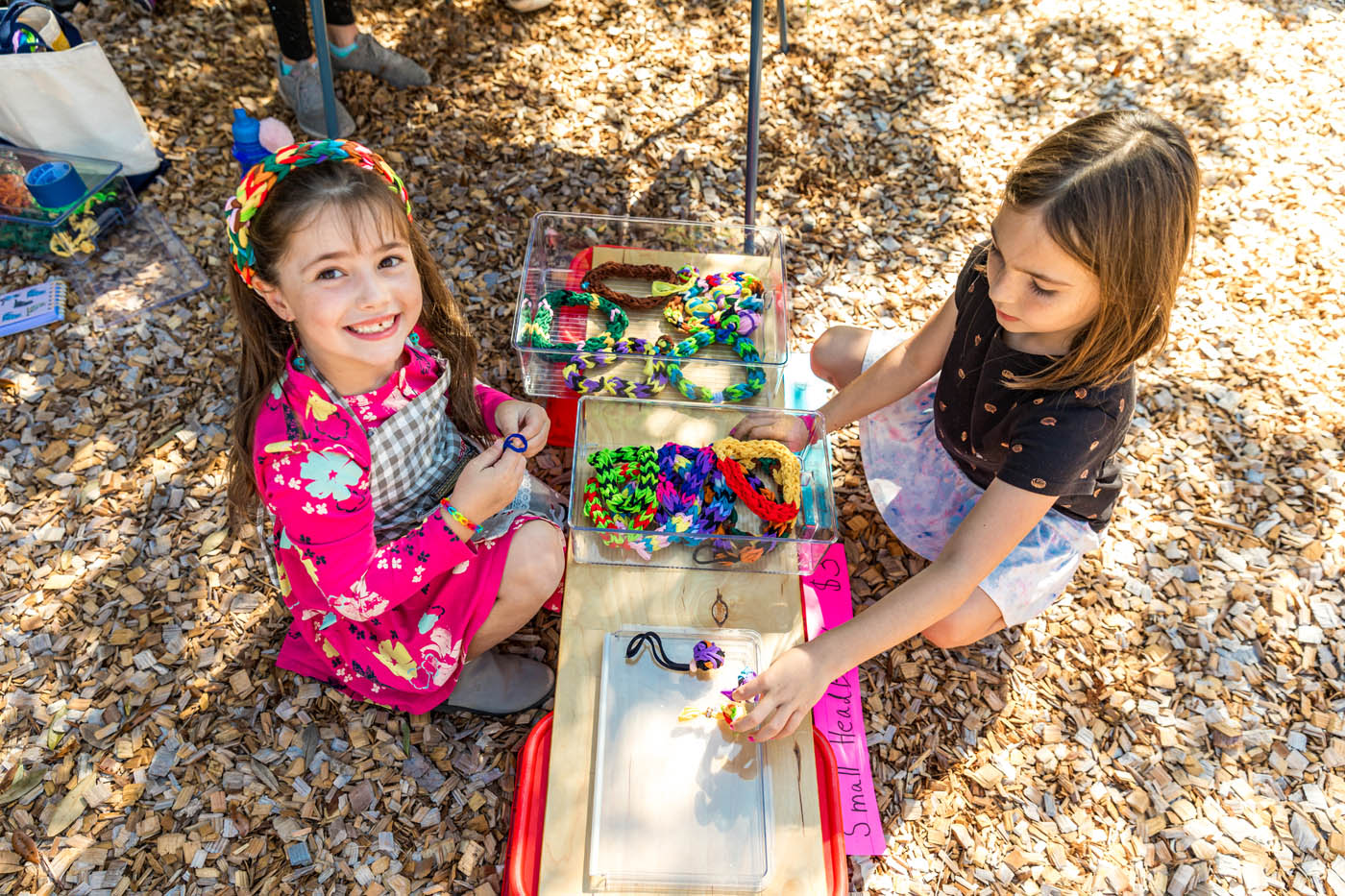
Through individual and cooperative play, kids learn to problem-solve, create fictional worlds, and turn ideas into realities. These experiences teach kids to follow the rules and respect others. Plus, outdoor play helps sharpen kids' decision-making abilities, and organizational abilities, as well as help with independence and self-confidence.
Children who play outside are also more likely to appreciate the environment, even into adulthood. According to one study, 87% of people who regularly played outside as kids valued nature as adults. Of that 87%, 84% of those adults wanted to take measures to preserve the environment.
Outdoor Play and Early Development
Another huge benefit of playing outside is that it engages all five senses. Studies show that children who watch a lot of TV (which only engages two senses; hearing and sight) have a limited capacity to process and respond to the sensory stimuli they encounter throughout their lives. Conversely, when children play outside and engage all five senses, they are more likely to be able to respond to all types of sensory input over time.
Outdoor play is also a safe and healthy way to help children build their sense of independence. Despite having parents nearby, outdoor play gives children a sense of freedom they can’t get from other situations. They make up games with friends, they can test their abilities and skills and build their confidence. During unstructured outdoor play, children can take risks and try new things. As a result, they’ll experience a range of emotions in response to their failures and successes. Looking back on these experiences, they’ll figure out how to seek success and learn from their failures. This can also help kids be more able to work through emotional and physical stressors as playing outside can be unpredictable. Kids who play outside are more likely to be able to work through stressors in school and future careers. Resilience in and of itself has a variety of benefits including resilient kids being more empathetic.
Playing outdoors expands children’s learning environments, too. It teaches kids that they can learn concepts anywhere, not just indoors or in classroom settings. Outside play can even spark new interests in kids and can cause them to question the world around them. How are rocks formed? How do trees grow? How do caterpillars become butterflies? The more a child’s curiosity is satisfied the more curiosity they have!
Kids play differently at different stages of their lives, but all are important to development and outdoor play is important to all ages of children. At around 2, kids will most likely still engage in independent play and will simply observe older children playing outdoors; they may also play near other children. This is parallel play and is important for promoting language development, supporting gross and fine motor skills development, boosting children's confidence, and fostering emotional development.
Once children reach preschool age (3-4) they typically begin interacting more with their peers though it might be minimal.
Outdoor Play for Every Age
While outdoor play looks different as children grow and change, all outdoor games and activities are beneficial to children. While a 1-year-old may not be able to swing on monkey bars or slide down a slide alone, they are learning that a slide feels smooth, sunshine is bright and birds live in the trees around the park where you go to explore. So get outside and get moving!

